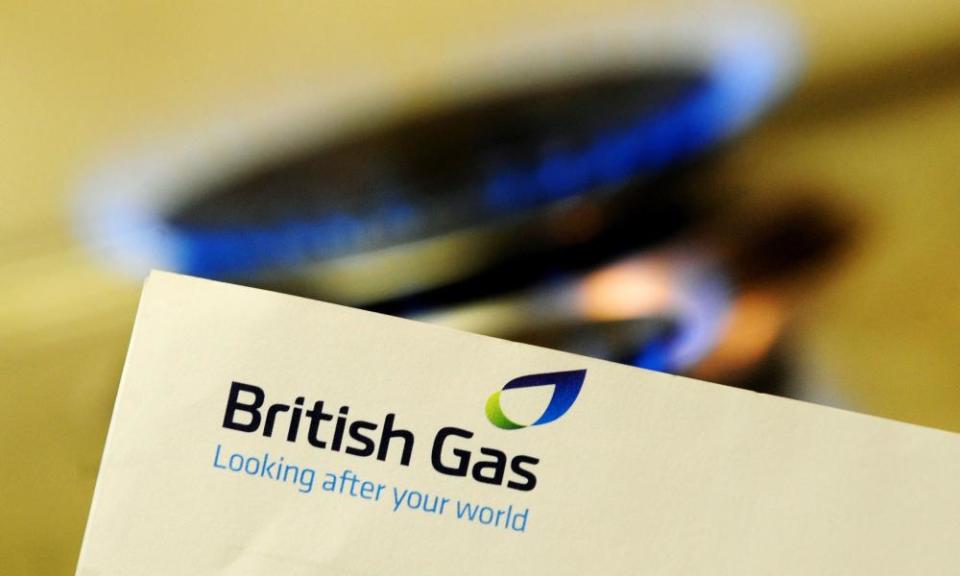British Gas owner scraps controversial standard variable tariff

British Gas owner Centrica is to scrap its widely criticised standard variable tariff (SVT) for new customers from April, and other energy companies are expected to follow suit.
The company is the third of the big six suppliers to announce the end of its SVT following announcements from E.on and Scottish Power.
Theresa May promised action last month to end “rip-off energy prices”, proposing a price cap on SVTs and other default tariffs – the expensive plans that customers are moved to when cheaper fixed deals end. Britain’s competition watchdog found that consumers were being overcharged by £1.4bn a year, a figure that Centrica contests.
The company said it would stop offering the SVT on 31 March, offering new customers a choice of at least two three-year fixed tariffs instead. “This will result in a broader range of better deals with fewer people on default tariffs,” it said. “And if standard variable tariffs could be ended completely then the effects would be market-wide.”
About 5 million British Gas customers are currently on SVTs. Household energy bills have doubled in Britain over the past decade and now average £1,200 a year.
The company will set up a new 12-month default tariff with no exit fees for customers who do not pick a new contract when their existing one expires. Centrica said it was working with the regulator on whether the default tariff should be a fixed or variable price.
Centrica’s chief executive, Iain Conn, said: “The default needs to be an unattractive tariff but not a punitive tariff.”
A spokesperson for the Department for Business, Energy and Industrial Strategy said: “Centrica’s decision to put an end to poor value tariffs is an encouraging first step in helping to create a fairer energy market. We will not rest until we see the £1.4bn consumer detriment identified by the Competition and Markets Authority addressed – which is exactly why we published draft legislation to cap tariffs last month.”
The government has put forward legislation to cap the energy bills of 11m households for as long as five years, which it claims could save people up to £100 a year. The measure, which will not take effect until 2019 at the earliest, will apply to anyone on a standard variable tariff.
Gillian Guy, the Citizens Advice chief executive, welcomed Centrica’s move but said consumers still needed additional protections, including a price cap.
Centrica reiterated its opposition to price caps, arguing that they lead to reduced competition and choice, and to prices that tend to cluster around the cap.
Peter Earl, the head of energy at comparethemarket.com, said: “The writing is on the wall for SVTs. With three of the big six scrapping them, we expect the others to follow suit. The fact that British Gas is only scrapping SVTs for new customers from April suggests that millions of customers from various suppliers may remain on these tariffs for the foreseeable future. SVTs represent woefully poor value for money and few tears will be shed at their demise.”
He said consumers would save an average of £300 a year if they switched from an SVT to a fixed tariff.
Stephen Murray, the energy expert at Moneysupermarket.com, said Centrica’s move highlighted that change within the industry was “much more effective than a one-size-fits-all price cap, which could have unintended consequences such as many of the best deals disappearing, prices finding a higher level, and a growing market of disengaged customers”.
Greg Jackson, the chief executive of rival supplier Octopus Energy, which invests in solar generation, described the move as a “ruse”.
“If they wanted to bring lower bills to customers, they could just cut their prices. Instead, they’re bringing in an ever more complex array of high fixed tariffs making it even harder for customers to know whether they’re getting good value.”

 Yahoo Finance
Yahoo Finance 